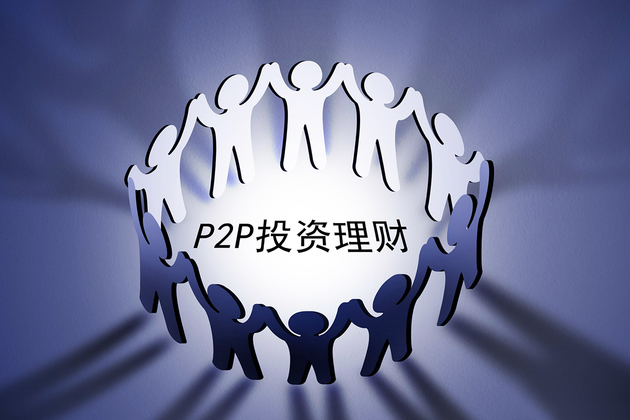
Photo/Shetuwang
Nov. 23 (NBD) -- The U.S. listing plans of Chinese P2P lending companies seem to have gotten back on track.
Following the IPO of Weidai, internet finance platforms including Wacai, Tongbanjie and Aicai are mulling plans to get listed overseas.
Weidai, the largest auto-backed financing solution provider in China in terms of loan volume, started trading on the New York Stock Exchange on November 15 (U.S. time), becoming the second Chinese internet finance platform listed overseas after the P2P industry shake-up in June this year.
Getting listed on foreign stock exchanges as early as possible has become one of priorities of many Chinese online lenders, an industry insider said to news outlet 21st Century Business Herald. This, on one hand, could shore up confidence, and on the other hand, would accelerate compliance operations, the person added.
However, their overseas listing efforts will be challenged by industry upheaval and uncertainties related to record-filing which is essentially a form of licensing.
It was known that multiple platforms have halted their HK IPO plans as in accordance with the Hong Kong Exchanges and Clearing Limited's requirements that they have to complete record-filing first. And those preparing for U.S. IPOs are also facing a substantial drop in valuation and amount of financing because of record-filing uncertainties.

Photo/Shetuwang
A large number of U.S. investment institutions are currently maintaining an optimistic attitude towards the Chinese economy, one analyst with hedge fund Axiom said to 21st Century Business Herald. China's GDP growth for the third quarter of this year was 6.5 percent year over year, which was remarkable on a global scale.
They believe that small and micro enterprises will become one of the most vigorous groups and embrace better development in China's economic field, especially after Chinese authorities strengthened loan support to these businesses.
However, it is not an easy thing to win the favor of long-term institutional investors in the U.S.
A majority of these investors have their own investment logic. For example, before nailing down a specific investment strategy, they will first look at the growth of the macro economy, analyze potentials of the internet finance industry, and then compare features and core competencies of different online lending platforms, an investment bank source said to 21st Century Business Herald.
Any adverse change to any of these links will put a lid on the investment plan, the source added.
To gain a full understanding of business development and compliance practices of Chinese online lending platforms, many investment institutions will hire market researchers in China to study the annual percentage rate of online lending platforms' newly issued loan projects. Some will even hire third-party research firms to investigate whether the platform's actual controller has misconducts like transfer of assets and how large the scale of the platform's related transactions is, especially the size of loans provided to shareholders.
With constant reshuffle of China's internet finance industry, U.S. institutional investors' investment strategies are changing. For instance, they will focus more on top businesses in niche segments, as these players boast sound business operations, strong profitability and valuable user data, and are less vulnerable to policy uncertainties, the above-mentioned investment bank source noted.
Many long-term investment institutions often play two roles, the source explained, one as financial investors and the other as intermediaries to facilitate the partnership between Chinese internet finance platforms and overseas consumer financial institutions, the source stated.
Email: lansuying@nbd.com.cn


 川公网安备 51019002001991号
川公网安备 51019002001991号





